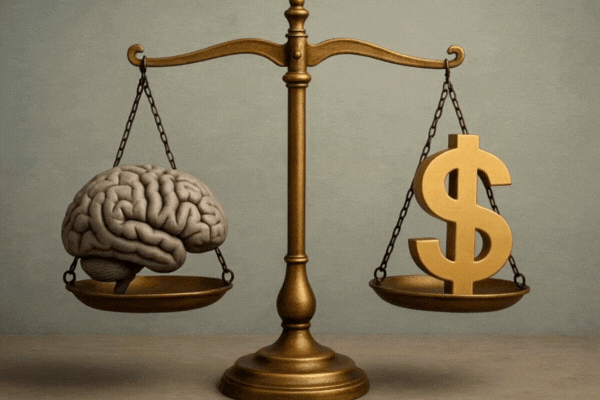OpenAI has secured tentative approval from Microsoft to restructure its for-profit operations into a Public Benefit Corporation (PBC), potentially paving the way for broader investor access and a future IPO. The agreement, though non-binding, changes OpenAI’s governance and funding model and follows months of tense negotiations between the two companies.
The transition would allow OpenAI’s nonprofit parent to retain control while also acquiring a significant stake, reportedly valued at over $100 billion, in the restructured PBC.
Although Microsoft remains OpenAI’s key technology and cloud partner, the startup is clearly working to diversify partnerships and loosen Microsoft’s influence as it matures into a more independent and competitive AI entity.
Why It Matters: OpenAI’s potential conversion into a public benefit corporation is a major evolution of its business model, indicative of tensions in the AI sector over control, ethics, and scalability. The transition could reshape the balance of power between OpenAI and Microsoft while drawing regulatory scrutiny and criticism from nonprofits concerned about mission drift.
- Tentative Agreement, Big Implications: OpenAI and Microsoft signed a nonbinding memorandum of understanding (MOU) outlining plans to transform OpenAI’s for-profit arm into a PBC. While the deal is not legally enforceable, it sets the stage for a definitive agreement pending regulatory approval in California and Delaware.
- Nonprofit Still in Control, For Now: Under the new structure, OpenAI’s nonprofit will retain governance power and receive a stake in the for-profit entity, estimated at over $100 billion. This setup mirrors OpenAI’s original mission to develop AGI for the public good, though critics argue the shift opens the door to profit-driven priorities.
- Strained Microsoft Relationship: While Microsoft maintains preferred access to OpenAI’s tech and remains its primary cloud provider, the startup has made moves to reduce dependency, including a $300 billion Oracle cloud deal and a joint data center initiative with SoftBank. This suggests a gradual power recalibration within the partnership.
- Legal and Competitive Challenges: The restructuring has drawn attention in Elon Musk’s ongoing lawsuit against OpenAI, where the for-profit transition plays a central role. Musk’s $97 billion acquisition offer was rejected, but it may have influenced the valuation of the nonprofit’s stake. Critics like Encode and The Midas Project have also criticized the shift, citing concerns over AI ethics and competition.
- Regulatory Oversight Looms: OpenAI confirmed it is working with state attorneys general on the transition, signaling the need for legal clearance. Meanwhile, nonprofit groups challenging the deal claim retaliation via subpoenas, an accusation OpenAI attributes to competitor-funded influence operations, claims those groups deny.
Go Deeper -> OpenAI secures Microsoft’s blessing to transition its for-profit arm – TechCrunch
A joint statement from OpenAI and Microsoft – OpenAI
Trusted insights for technology leaders
Our readers are CIOs, CTOs, and senior IT executives who rely on The National CIO Review for smart, curated takes on the trends shaping the enterprise, from GenAI to cybersecurity and beyond.
Subscribe to our 4x a week newsletter to keep up with the insights that matter.






